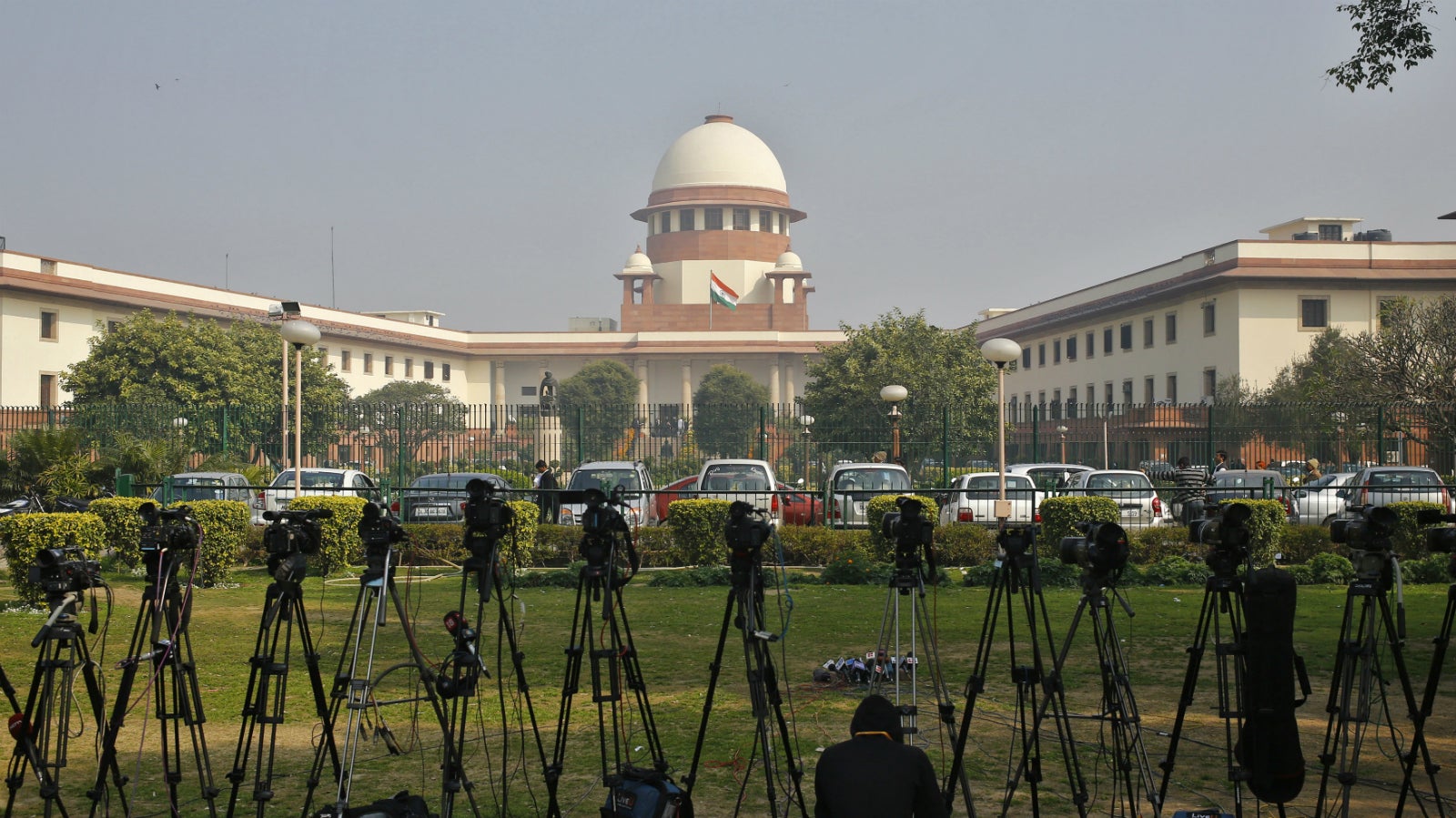Justice must cry—log-jammed courts are wiping almost 0.5% off India’s GDP
India’s court system has become so troubling and clogged that the country’s chief justice almost broke down in front of prime minister Narendra Modi on April 24, with an appeal to resuscitate it.


India’s court system has become so troubling and clogged that the country’s chief justice almost broke down in front of prime minister Narendra Modi on April 24, with an appeal to resuscitate it.
For millions of ordinary Indians, the abysmal state of the country’s legal system is not only causing emotional despair, but also significant financial stress.
On an average, both parties in a litigation spend a combined Rs1,309 ($19.6) per day per case, totalling to some Rs30,000 crore ($4.5 billion) every year, according to a new survey by Bengaluru-based non-profit Daksh. The study estimates that litigants typically lose Rs1,746 ($26) in wages or business per day per case, which adds up to over Rs50,000 crore ($7.5 billion) annually.
For each litigant, the cost of attending court hearings is well over Rs1,000 a day, the survey of 9,329 litigants in 24 states between Nov. 2015 and Feb. 2016 shows.
These numbers represent costs like conveyance and food, but do not include the lawyer fees, which vary widely and form a significant part of the total spend.
“The loss of productivity due to attending court hearings because of wages and business lost comes to 0.48% of the Indian GDP,” Daksh’s Access to Justice Survey 2014-2015 notes.
Of course, even with better-staffed and better-equipped courts that could dispose of cases faster, there would be some loss of productivity. But India’s gigantic backlog of over 30 million cases and chronic delays exasperates ordinary citizens. Besides, courts are progressively taking longer to dispose of cases.
There is, nonetheless, still some optimism left among litigants, with the majority expecting their cases to be disposed of within a year.
“The lowest income group (with an annual income of less than Rs1 lakh) is seen to be (the) most optimistic,” the survey added.
That perception doesn’t take long to change. On the date of the survey, only 42% of the criminal litigants and 36% of civil litigants expected their respective cases to be wrapped up within a year.
There are differing opinions on the reasons for delays. “A clear majority of litigants strongly felt in general that delay in their cases is caused because judges do not pass orders quickly,” the survey noted. But when asked why the overall court system was so slow, most put the blame on the sheer burden of cases that had to dealt with.
Whatever the reason, India’s courts remain painfully slow, draining ordinary citizens financially—and occasionally even reducing the country’s top judge to tears.